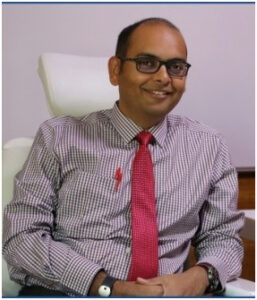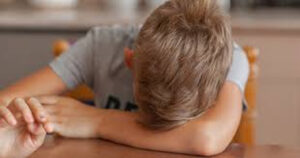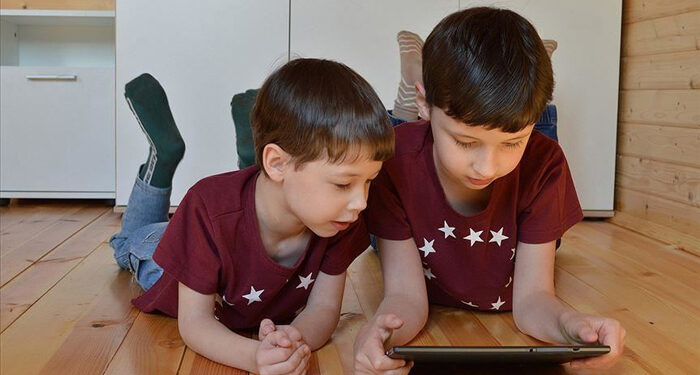- Ahead of World Sleep Day on March 19, Four schools in Ahmedabad carried out an extensive survey to analyze sleep patterns and insomnia related issues among the children
- Around 4,000 parents participated in the survey exercise done by Udgam School For Children (USFC), Zebar School For Children (ZSFC), Satelite School For Children (SSFC) and Bodakdev School For Children (BSFC)
NE NEWS BUREAU
AHMEDABAD, MAR 18
Children in Ahmedabad have taken the ‘Early to bed, Early to rise’ for granted as the post-COVID-19 era has drastically changed the sleep patterns. Compared to pre-pandemic days, about 70% of children delay their sleep by 60-90 minutes now, leading to many sleep-related problems that affect their routine life. Due to non-physical schooling, fewer physical activities, and extended screen times, the students are not getting tired; hence their sleep timing has seen severe disruption.

Ahead of World Sleep Day on March 19, four schools in Ahmedabad — Udgam School For Children (USFC), Zebar School For Children (ZSFC), Satellite School For Children (SSFC) and Bodakdev School For Children (BSFC), had carried out an extensive survey. They analysed sleep patterns and insomnia-related issues among children. Around 8,000 parents invited to participate in the survey exercise in which 50% of parents responded to various questions related to their children’s sleep.
According to the survey, 60% of children use mobiles/gadgets before going to sleep. Children prefer to watch videos, play games, chat with friends for time pass at night. The average screen time has shot up by 300% compared to the last year. 45% of children prefer to eat or drink something before going to sleep. Such a behavioural change has triggered sleep disorders. However, some good things also emerged to notice. About 45% of respondents opined that they follow bed-time rituals like praying and chanting mantras with their children to get a good sleep.
The study says around 50% of the students take a nap during the daytime. 65% of the children don’t feel fresh and happy after waking up in the morning. About 70% of parents complained that their wards couldn’t pay attention in studies if they didn’t have a good sleep the previous night. 65% of the students feel sleepy during the online classes between 1-3 times a week.

Speaking on this initiative, Manan Choksi, Executive Director, Udgam School For Children, said, “The revelations of the survey are a bit unusual and need attention from the society at large. Sleep is an essential element for a healthy and happy life. In the last year, the COVID-19 pandemic has substantially changed the sleep patterns of the students. We are more focusing on off-line activities, lesser screen time, stress-free study and joyful educational experiences for the students so that they can get a night of sound sleep and be healthy.”
75% of the parents believe that the COVID-19 pandemic disrupted the sleep patterns of their family. On weekends, 74% of children sleep late by an hour and waking up around 9.00 am the next day. Parents are also worried that their children are having major sleep issues. 30% of the children suffer from snoring, while 44% have a habit of sleepwalking or talking asleep. 28% of children are having bedwetting problems.
Young children have disturbed sleep due to nightmares. Almost 35% of children experience nightmares, and 30% wake up in the middle of the night due to nightmares.
However, parents are seemed less concerned about the whole ‘sleep’ pandemic. Hardly 2% of parents consulted a doctor for their child’s sleep issues.
Paediatrician bats for lesser usage of electronic gadgets
According to Dr Vishwanath Shukla, Senior Consultant Paediatrician from KD Hospital, “Sleep is a vital component of our existence but has suffered extensively due to this pandemic. Children face sleep disturbances due to the disturbance of Rythm and Schedule, lack of physical activities, and passive involvement with online activities. We should ensure proper sleep Rythm, adequate daytime physical activities, lesser usage of Electronic gadgets, and provide calm, relaxed and suitable sleeping Environments.”










